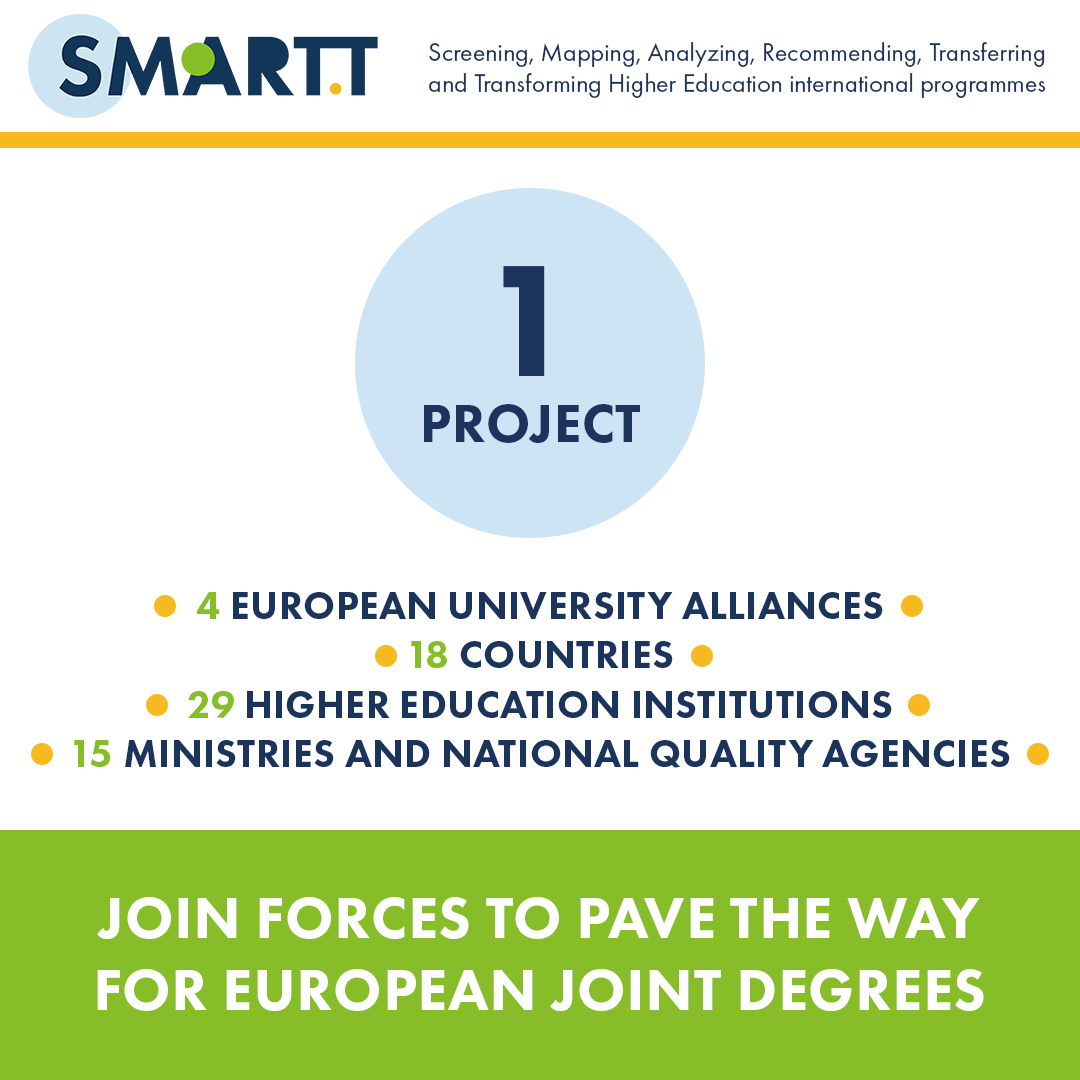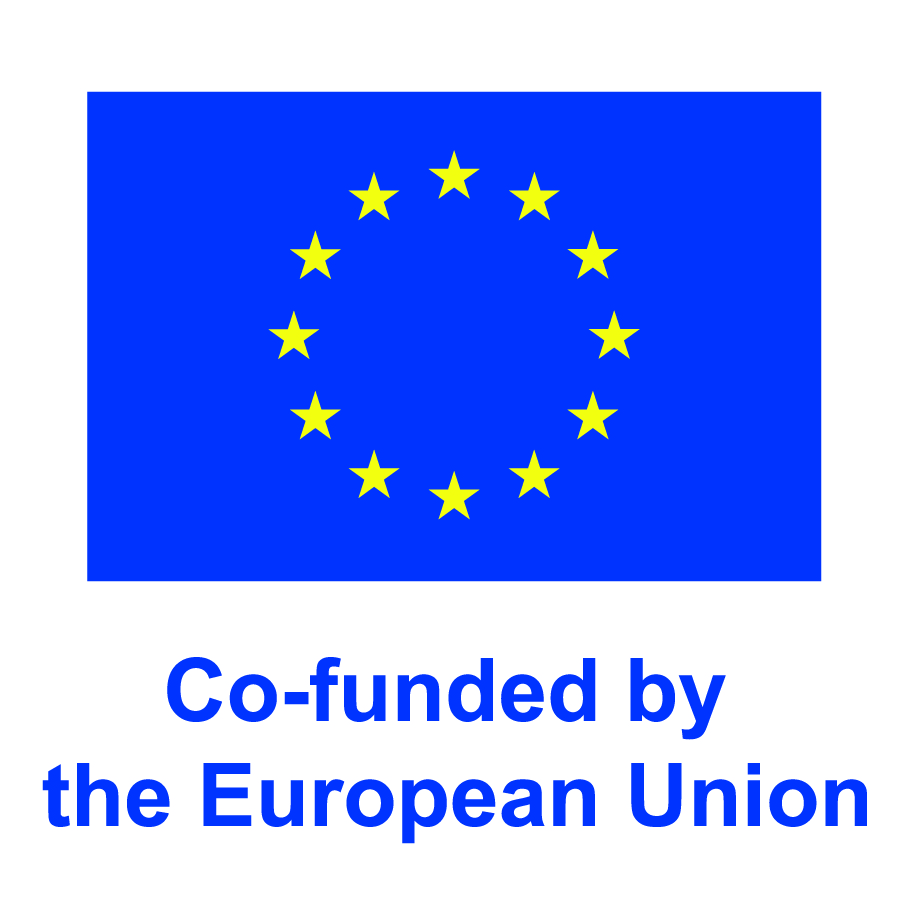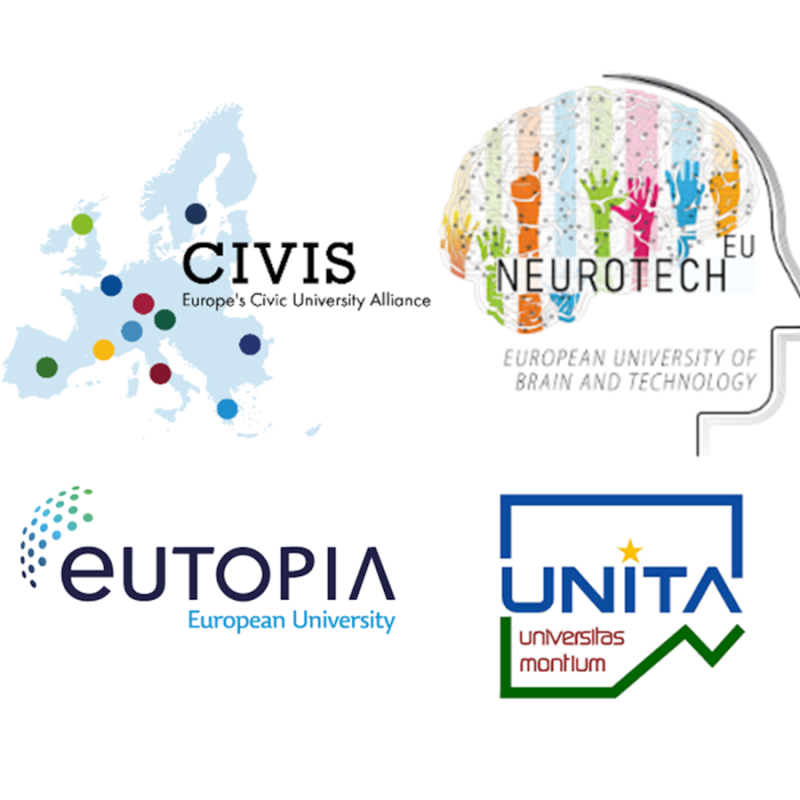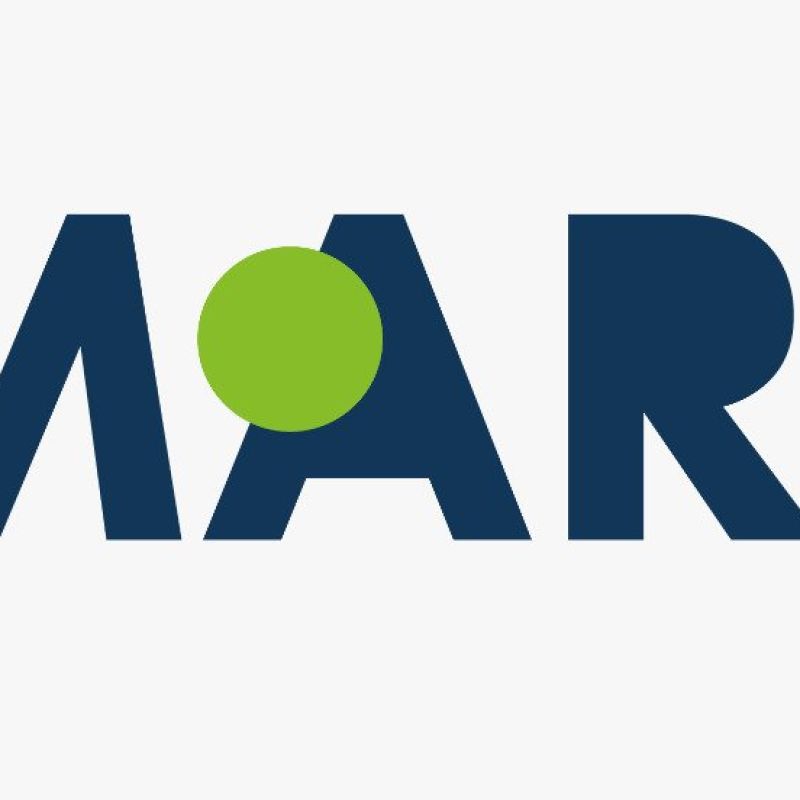Screening, Mapping, Analyzing, Recommending, Transferring and Transforming Higher Education international programmes

SMARTT is an innovative project aiming at analysing, testing, and piloting the new European Degree label criteria, improving the quality and increasing the transferability of future developments of European Degrees across Europe and beyond.
SMARTT is formed by the CIVIS - Europe’s Civic University Alliance in cooperation with the European Universities Alliances EUTOPIA, NEUROTECHEU, and UNITA, alongside higher education institutions, national and regional stakeholders and relevant actors. Based on significant experience in designing and delivering joint and multiple degree programmes at transnational level, the higher education institutions involved in the SMARTT project propose to expand this experience and draw, based on clear methodologies and thorough analyses, recommendations and proposals both for the European Commission and the member states, to support the development of a European Approach for designing and implementing Joint European Degrees in the future. The consortium partners possess an extensive history of successful international collaboration and have consistently played a leading role in the co-development of the European Degree policy initiative since its inception.
Project Duration and Funding 
SMARTT is a one-year project that spans from April 2023 to April 2024. It is funded by the Erasmus+ call: ERASMUS-EDU-2022-POL-EXP-HE - EU Degree "Pilot a joint European degree label" of the European Union.






